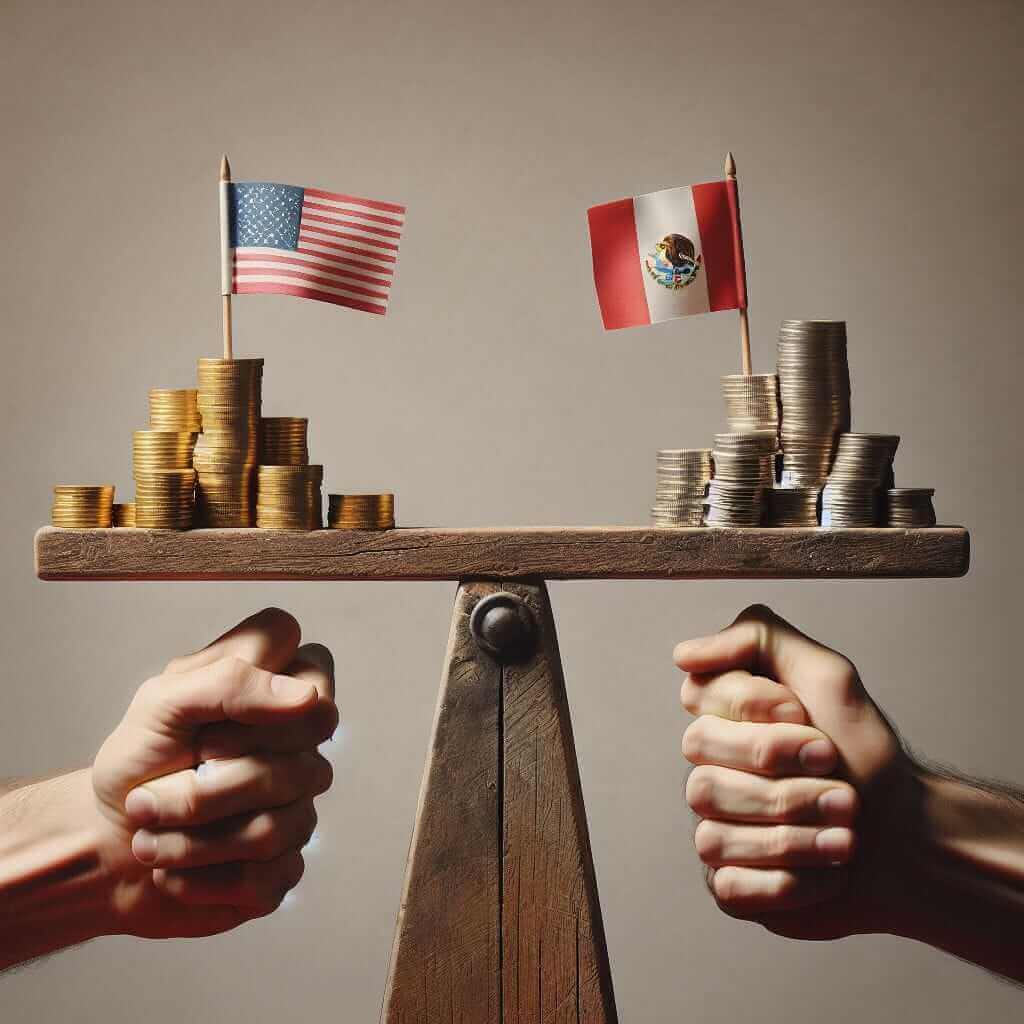The IELTS Reading section tests a candidate’s ability to understand and interpret academic texts. Topics often cover a wide range, including economics. One pertinent subject is trade tariffs and their economic consequences—a popular topic for its relevance in global trade discussions. Historical data analysis indicates that similar topics have been featured in past exams, making it a potential candidate for future exams. Understanding the economic impact of trade tariffs can prepare candidates to tackle such texts effectively.
Reading Passage and Practice Questions
Reading Passage
This passage is a Medium Text level to practice IELTS Reading. Read the following passage carefully and answer the questions that follow.
The Economic Consequences of Trade Tariffs
Trade tariffs, taxes imposed on imported goods, have far-reaching economic consequences. These tariffs are often implemented to protect domestic industries by making imported goods more expensive, thereby encouraging consumers to purchase locally produced items. However, the imposition of tariffs can trigger a variety of economic reactions, both positive and negative.
Initially, tariffs aim to boost the domestic economy by protecting nascent industries from international competition. For instance, a country that imposes a 10% tariff on imported steel might see an increase in domestic steel production as local firms become more competitive. Furthermore, tariffs generate government revenue, which can be reinvested into the economy or used to subsidize local industries.

Despite these benefits, tariffs often lead to retaliatory actions by other countries, sparking trade wars that can have global repercussions. When one country imposes tariffs, affected nations may respond by imposing their own tariffs, leading to a decrease in international trade. This decline can hurt exporters, restricting market access and reducing sales volumes. Moreover, consumers in tariff-imposing countries often face higher prices for goods, leading to inflationary pressures.
Additionally, trade tariffs can disrupt supply chains, particularly in industries reliant on imported intermediate goods. For example, a tariff on imported car parts can increase the production costs for domestic car manufacturers, making locally produced cars more expensive and possibly less competitive on the global market.
In the long term, the isolationist approach fostered by tariffs can stifle innovation and efficiency within domestic industries. Without the pressure of foreign competition, local firms might lack the incentive to innovate or improve productivity, potentially leading to a decline in product quality and economic stagnation.
In summary, while trade tariffs can protect domestic jobs and industries in the short term, their broader economic consequences often result in retaliatory measures, higher consumer prices, supply chain disruptions, and reduced innovation—ultimately challenging the economy they aim to protect.
Questions
Multiple Choice
-
What is one primary reason countries impose trade tariffs?
A. To increase international trade
B. To generate government revenue
C. To lower consumer prices
D. To curb domestic industrial growth -
What is one potential negative consequence of trade tariffs?
A. Lower consumer prices
B. Increased product imports
C. Retaliatory trade measures
D. Enhanced foreign competition
Identifying Information: True/False/Not Given
-
Trade tariffs only have positive economic consequences.
A. True
B. False
C. Not Given -
Imposition of tariffs generally leads to deflationary pressures.
A. True
B. False
C. Not Given
Matching Information
- Match the terms with their descriptions.
i. Trade Wars
ii. Government Revenue
iii. Supply Chain Disruption
iv. Economic Stagnation
A. Increased production costs for manufacturers
B. Decline in product quality and innovation
C. Retaliatory tariffs leading to reduced market access
D. Tariff earnings used to subsidize local industries
Answer Keys
- B
- Explanation: Countries impose trade tariffs primarily to generate government revenue and protect domestic industries.
- C
- Explanation: One negative consequence of trade tariffs is that they often lead to retaliatory measures from other countries.
- B
- Explanation: The passage outlines both positive and negative economic consequences of trade tariffs.
- B
- Explanation: The text indicates that tariffs often lead to inflationary, not deflationary, pressures.
-
- i. C
- ii. D
- iii. A
- iv. B
Common Mistakes
- Overlooking the context of economic impacts: Candidates often miss how tariffs can lead to both immediate and long-term economic effects.
- Misinterpreting True/False/Not Given questions: Read carefully to determine if the statement is directly supported, refuted, or not addressed in the text.
Vocabulary and Grammar
Vocabulary
- Nascent (adj) /ˈneɪsnt/: Just coming into existence and beginning to display signs of future potential.
- Retaliatory (adj) /rɪˈtæliətɔːri/: (Of an action) characterized by a desire for revenge.
- Isolationist (adj) /ˌaɪsəˈleɪʃənɪst/: Favoring a policy of remaining apart from the affairs or interests of other groups.
Grammar Focus
- Relative Clauses: “A country that imposes a 10% tariff on imported steel might see an increase in domestic steel production…”
- Structure: Relative pronoun + Subject + Verb
- Example: “The company that won the contract has excellent credentials.”
Tips for High IELTS Reading Scores
- Practice regularly with diverse topics to enhance familiarity with different text types and increase reading speed.
- Focus on understanding the main idea and supporting details in each paragraph.
- Develop skills to tackle various question types by practicing strategies for each specific type.
- Time management is crucial—practice under timed conditions to replicate exam settings.
By mastering these skills, candidates can approach the IELTS Reading section with confidence and achieve high scores.